3 teachers of NSYSU awarded support of MOE Teaching Practice Research Program
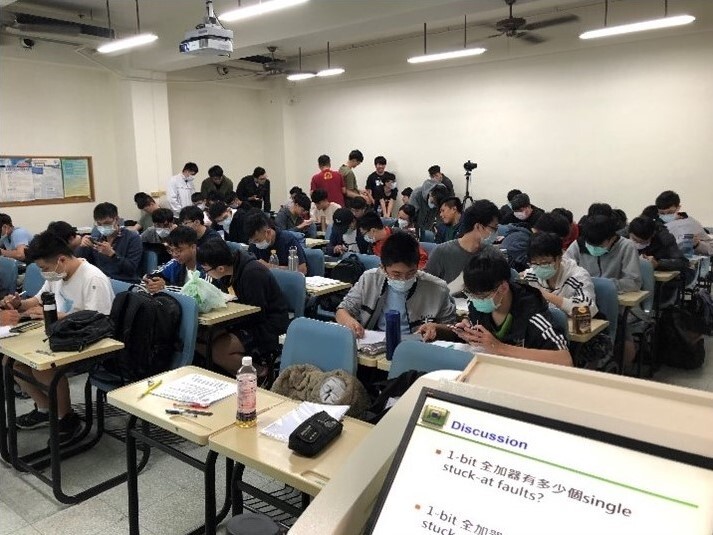
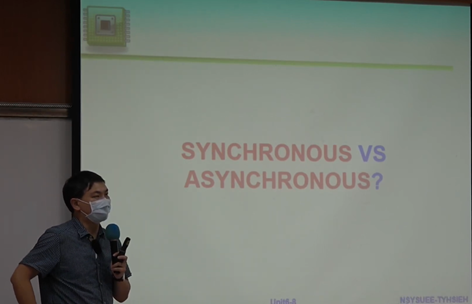
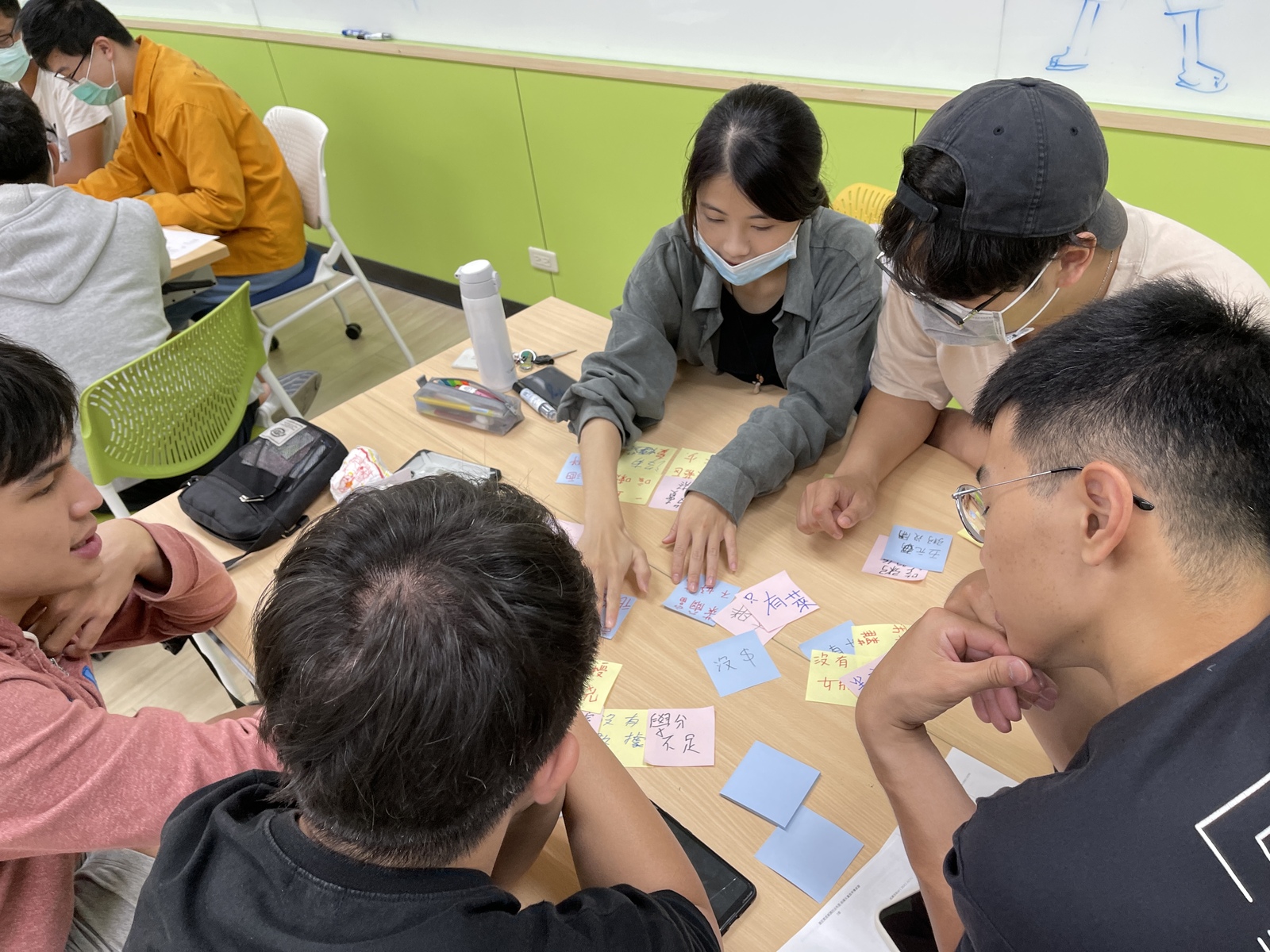
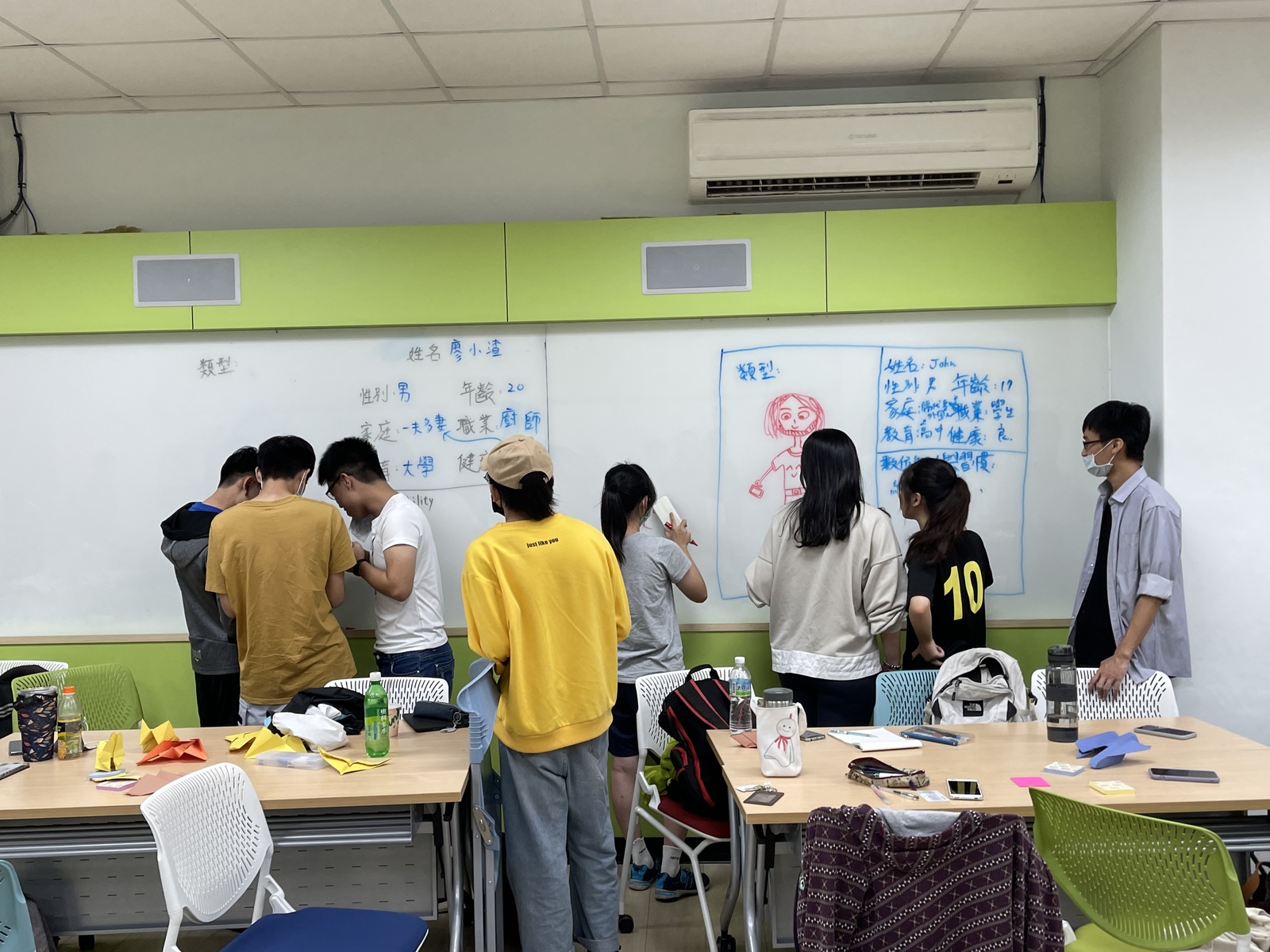
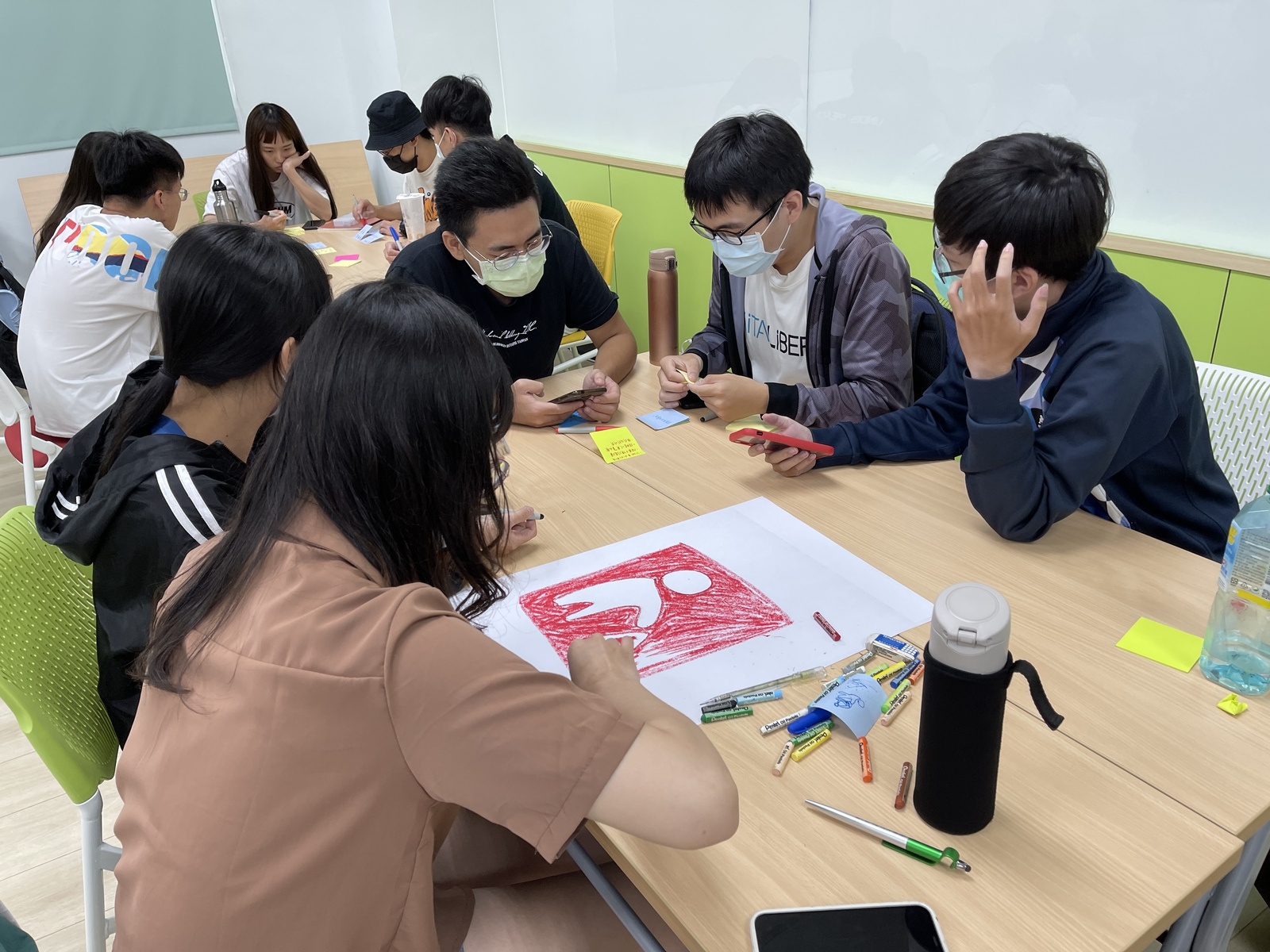
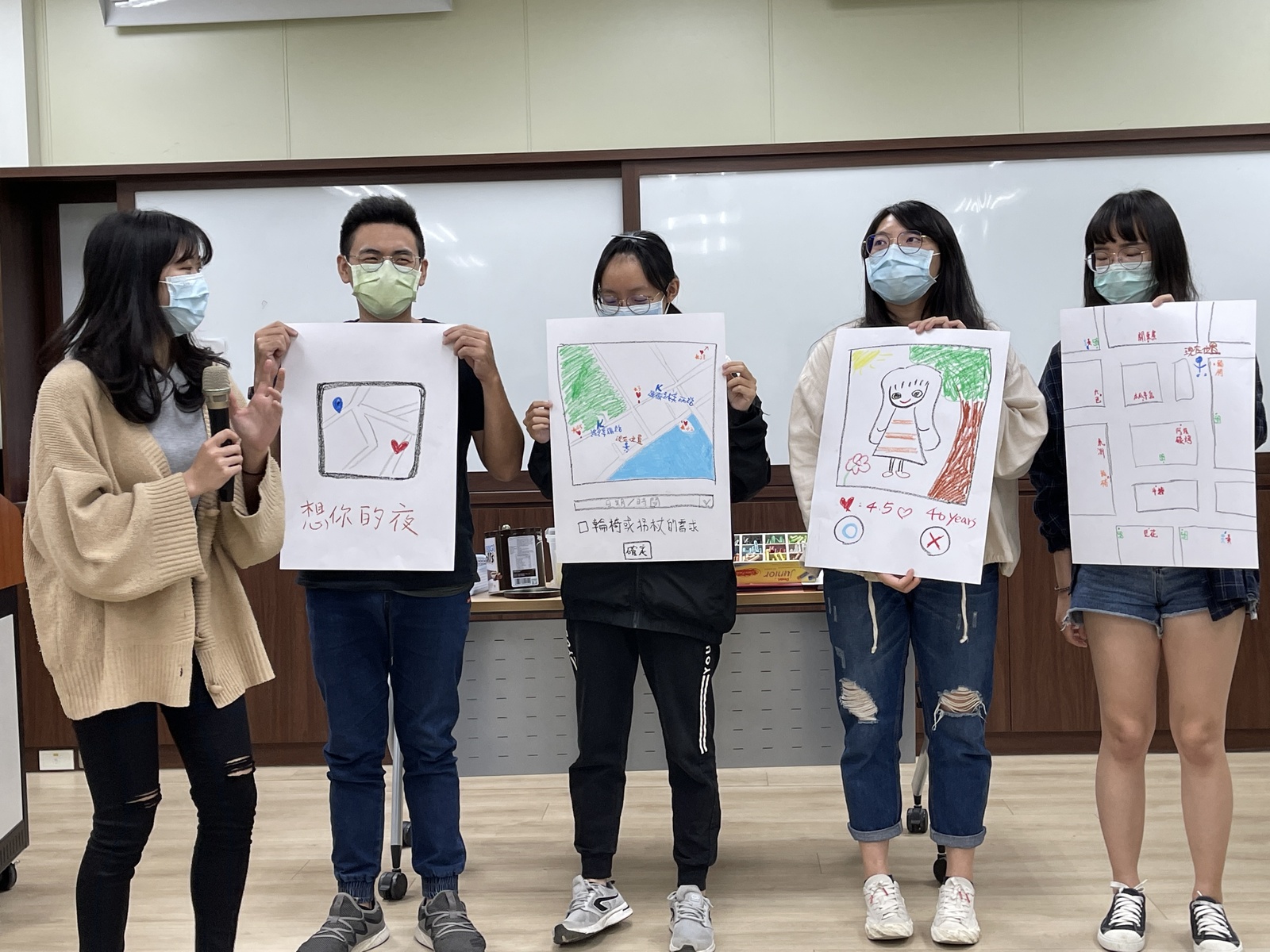
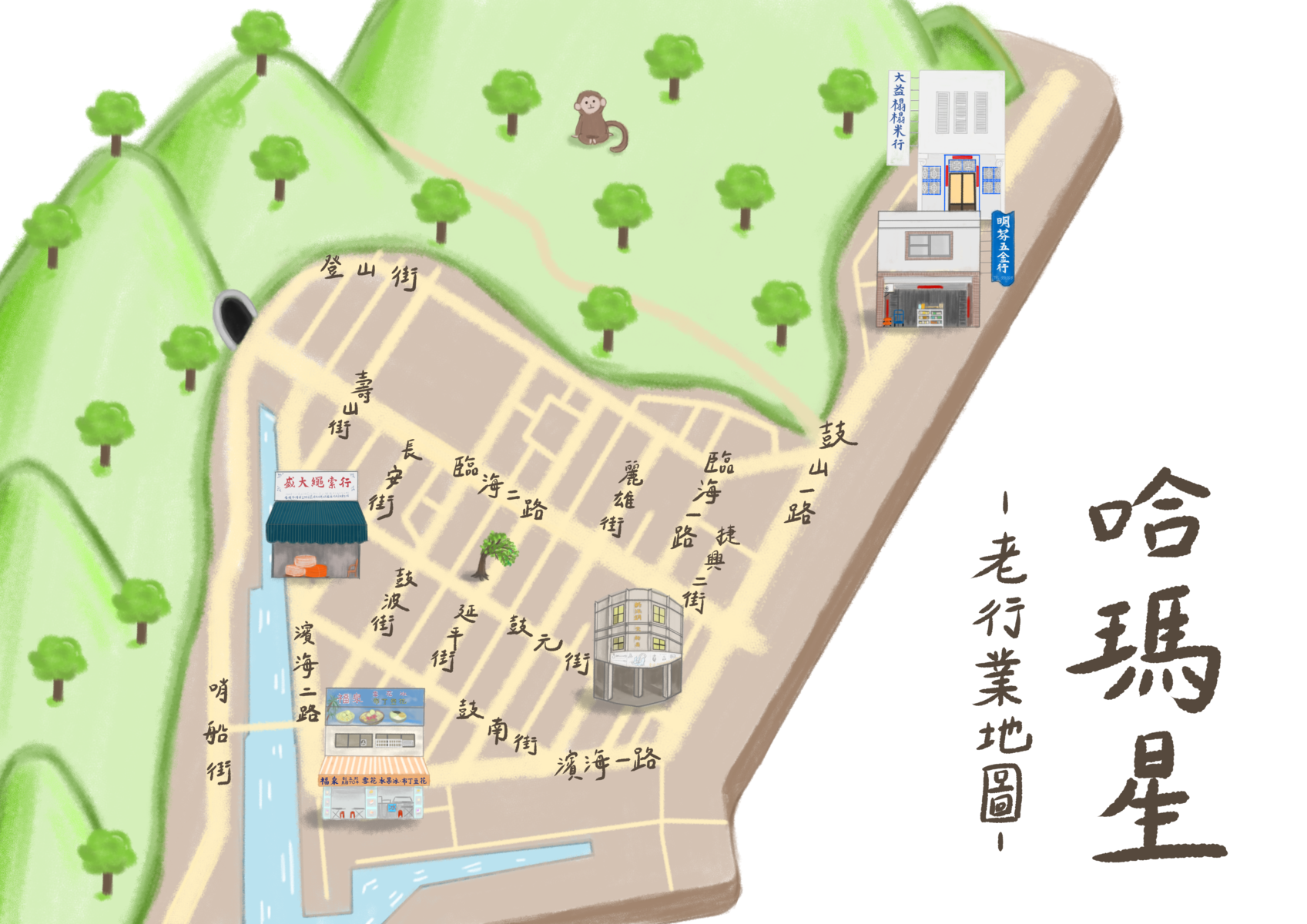
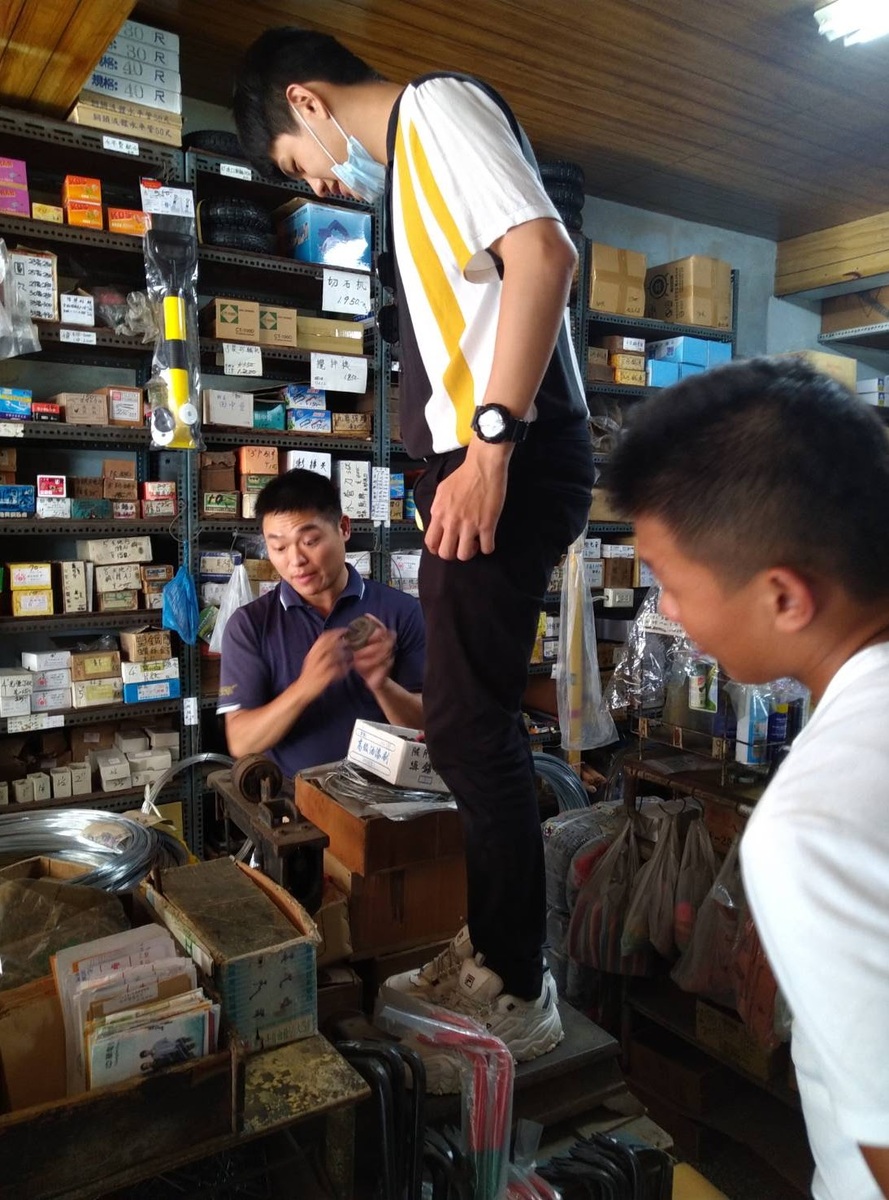
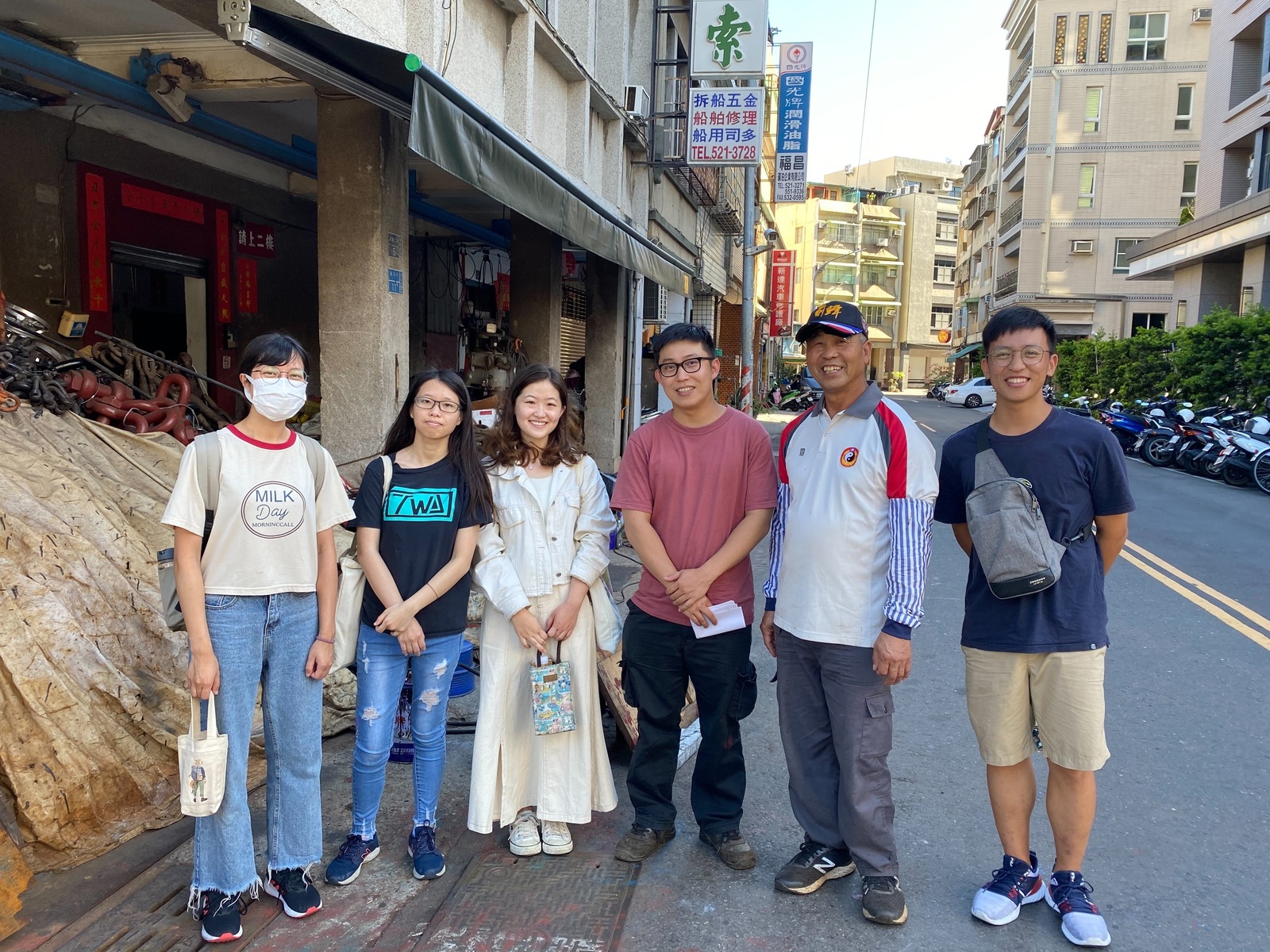
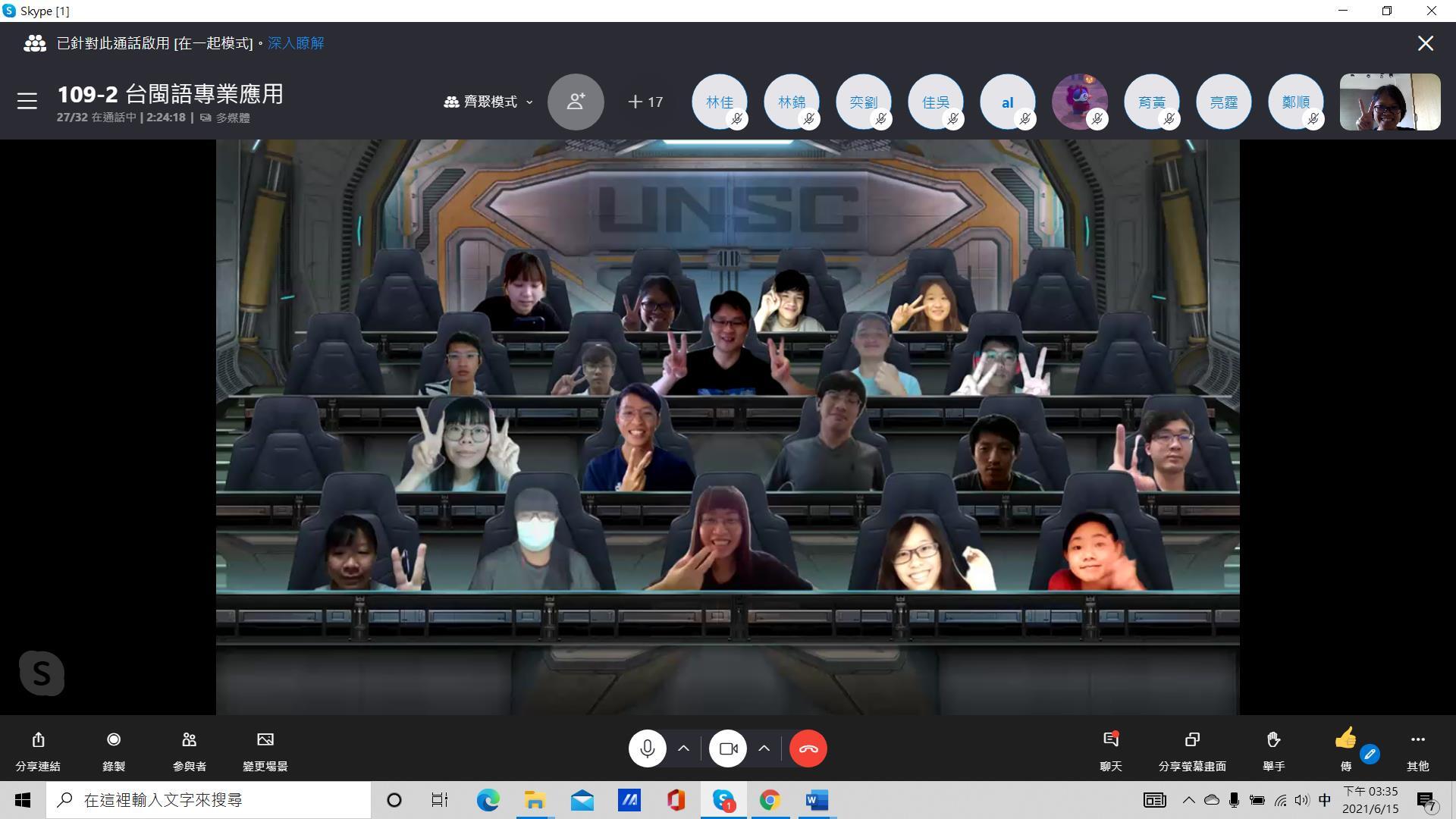
2022-02-15
(Provided by Teaching and Learning Development and Resources Center) The Ministry of Education (MOE) has launched the Teaching Practice Research Program (TPRP) to achieve innovation in teaching and improve professionals’ cultivation at universities in Taiwan. The recently announced list of Program participants that won the Teaching Practice Research Excellence Awards for Academic Year 2020-2021 includes 3 teachers of NSYSU: Associate Professor Tong-Yu Hsieh of the Department of Electrical Engineering, Associate Professor Chin-Ping Yu of the Department of Photonics, and Associate Professor Chia-Lun Tu of the Department of Chinese Literature. According to the Teaching and Learning Development and Resources Center (TLDRC) at NSYSU, the selection process for TPRP is rigorous, with the MOE conducting a preliminary review of the oral reports in the exchange sessions, a review of the written reports on research results, and then holding a final review meeting to determine the winners. Only 94 applicants were selected nationwide, so it is commendable that there are 3 NSYSU teachers among them. The selected teachers will be included in MOE’s program talent bank to support teaching innovation and strengthen talent cultivation.
Associate Professor Tong-Yu Hsieh of the Department of Electrical Engineering had already won the Award in 2018, and then again in 2020, for his project in the category of engineering – “Progress in Critical Thinking Dispositions and Abilities of Engineering Students in Higher Education”, through which he explored how to effectively integrate critical thinking teaching methods into traditional lecture-based courses. Professor Hsieh found out that many students find themselves pressured into advancing in their studies and tend to learn quickly through points organized by others or asking for solutions before thinking for themselves, and they are less interested in the course context and the possibilities of scientific research. This study used teaching strategies such as the Socratic method, case studies, and reflective writing, along with the assistance of interactive technology software, to successfully enhance students' critical thinking skills and dispositions and spur their curiosity about the subject. In their qualitative feedback, the students expressed that there are many opportunities to answer and discuss in class, while practicing thinking skills and defending one’s views, which also made the atmosphere livelier.
Also in the category of engineering, Associate Professor Chin-Ping Yu of the Department of Photonics successfully submitted projects for two years in a row, in 2019 and 2020, and has been conducting “A study of the effects of creative problem-solving instruction on the creativity of engineering undergraduate students: using "Creativity via Information Technology Applications" course as an example”. Professor Yu said that engineering students are often lost in stagnation when it comes to finding research topics or creative ideas, which can only be solved with more creativity. Professor Yu applies the Creative Problem Solving (CPS) method in his courses for the students to be able to develop and implement creative applications through the CPS process when dealing with real-life problems. The study found that the CPS model did help engineering students come up with ideas and develop creative applications and that the students feel they are willing to use the CPS model again to find creative solutions to other challenges in their fields of expertise in the future.
Associate Professor Chia-Lun Tu of the Department of Chinese Literature submitted a USR research project on “Writing on Sizihwan Bay in Taiwanese”. While creating an immersive environment for teaching Taiwanese, the project delves into the humanistic context of Sizihwan Bay and recounts the characteristics of old local businesses. Associate Professor Chia-Lun Tu engaged the students with the community after she taught Taiwanese writing and reading and experts of the field taught observation and interviewing techniques. Then, she took the students on a half-day visit to a long-established old shop in Sizihwan to observe the details of the working procedure, interview senior shop owners and then record the story of the shops in Taiwanese. The students then compiled a map of long-established shops in the Sizihwan area. The results showed that the program not only enhanced the students' ability to participate in the community, but also effectively improved their reading and writing skills in Taiwanese, especially when they were required to use Taiwanese to communicate with the shop owners and write down the working procedures and interview notes.
The acceptance of NSYSU’s projects applying for the 2021-2022 Teaching Practice Research Program reached 60.5%, which is 11.5% more than last year. Three professors succeeded in having their projects accepted for the fourth year in a row: Associate Professor Chin-Ping Yu of the Department of Photonics, Associate Professor Tong-Yu Hsieh of the Department of Electrical Engineering, and Assistant Professor Chih-Yuan Wang of the Department of Business Administration. The coordinator of the South Base of MOE TPRP, Associate Vice President for Academic Affairs at NSYSU Tong-Yu Hsieh said that NSYSU actively promotes teaching innovation and builds a teacher support network through the South Base, hoping for more enthusiastic teachers to join TPRP and work together to improve the quality of teaching and nurture talents.
(Edited by Public Affairs Division)
(Provided by Teaching and Learning Development and Resources Center) The Ministry of Education (MOE) has launched the Teaching Practice Research Program (TPRP) to achieve innovation in teaching and improve professionals’ cultivation at universities in Taiwan. The recently announced list of Program participants that won the Teaching Practice Research Excellence Awards for Academic Year 2020-2021 includes 3 teachers of NSYSU: Associate Professor Tong-Yu Hsieh of the Department of Electrical Engineering, Associate Professor Chin-Ping Yu of the Department of Photonics, and Associate Professor Chia-Lun Tu of the Department of Chinese Literature. According to the Teaching and Learning Development and Resources Center (TLDRC) at NSYSU, the selection process for TPRP is rigorous, with the MOE conducting a preliminary review of the oral reports in the exchange sessions, a review of the written reports on research results, and then holding a final review meeting to determine the winners. Only 94 applicants were selected nationwide, so it is commendable that there are 3 NSYSU teachers among them. The selected teachers will be included in MOE’s program talent bank to support teaching innovation and strengthen talent cultivation.
Associate Professor Tong-Yu Hsieh of the Department of Electrical Engineering had already won the Award in 2018, and then again in 2020, for his project in the category of engineering – “Progress in Critical Thinking Dispositions and Abilities of Engineering Students in Higher Education”, through which he explored how to effectively integrate critical thinking teaching methods into traditional lecture-based courses. Professor Hsieh found out that many students find themselves pressured into advancing in their studies and tend to learn quickly through points organized by others or asking for solutions before thinking for themselves, and they are less interested in the course context and the possibilities of scientific research. This study used teaching strategies such as the Socratic method, case studies, and reflective writing, along with the assistance of interactive technology software, to successfully enhance students' critical thinking skills and dispositions and spur their curiosity about the subject. In their qualitative feedback, the students expressed that there are many opportunities to answer and discuss in class, while practicing thinking skills and defending one’s views, which also made the atmosphere livelier.
Also in the category of engineering, Associate Professor Chin-Ping Yu of the Department of Photonics successfully submitted projects for two years in a row, in 2019 and 2020, and has been conducting “A study of the effects of creative problem-solving instruction on the creativity of engineering undergraduate students: using "Creativity via Information Technology Applications" course as an example”. Professor Yu said that engineering students are often lost in stagnation when it comes to finding research topics or creative ideas, which can only be solved with more creativity. Professor Yu applies the Creative Problem Solving (CPS) method in his courses for the students to be able to develop and implement creative applications through the CPS process when dealing with real-life problems. The study found that the CPS model did help engineering students come up with ideas and develop creative applications and that the students feel they are willing to use the CPS model again to find creative solutions to other challenges in their fields of expertise in the future.
Associate Professor Chia-Lun Tu of the Department of Chinese Literature submitted a USR research project on “Writing on Sizihwan Bay in Taiwanese”. While creating an immersive environment for teaching Taiwanese, the project delves into the humanistic context of Sizihwan Bay and recounts the characteristics of old local businesses. Associate Professor Chia-Lun Tu engaged the students with the community after she taught Taiwanese writing and reading and experts of the field taught observation and interviewing techniques. Then, she took the students on a half-day visit to a long-established old shop in Sizihwan to observe the details of the working procedure, interview senior shop owners and then record the story of the shops in Taiwanese. The students then compiled a map of long-established shops in the Sizihwan area. The results showed that the program not only enhanced the students' ability to participate in the community, but also effectively improved their reading and writing skills in Taiwanese, especially when they were required to use Taiwanese to communicate with the shop owners and write down the working procedures and interview notes.
The acceptance of NSYSU’s projects applying for the 2021-2022 Teaching Practice Research Program reached 60.5%, which is 11.5% more than last year. Three professors succeeded in having their projects accepted for the fourth year in a row: Associate Professor Chin-Ping Yu of the Department of Photonics, Associate Professor Tong-Yu Hsieh of the Department of Electrical Engineering, and Assistant Professor Chih-Yuan Wang of the Department of Business Administration. The coordinator of the South Base of MOE TPRP, Associate Vice President for Academic Affairs at NSYSU Tong-Yu Hsieh said that NSYSU actively promotes teaching innovation and builds a teacher support network through the South Base, hoping for more enthusiastic teachers to join TPRP and work together to improve the quality of teaching and nurture talents.
(Edited by Public Affairs Division)
Click Num:
Share
